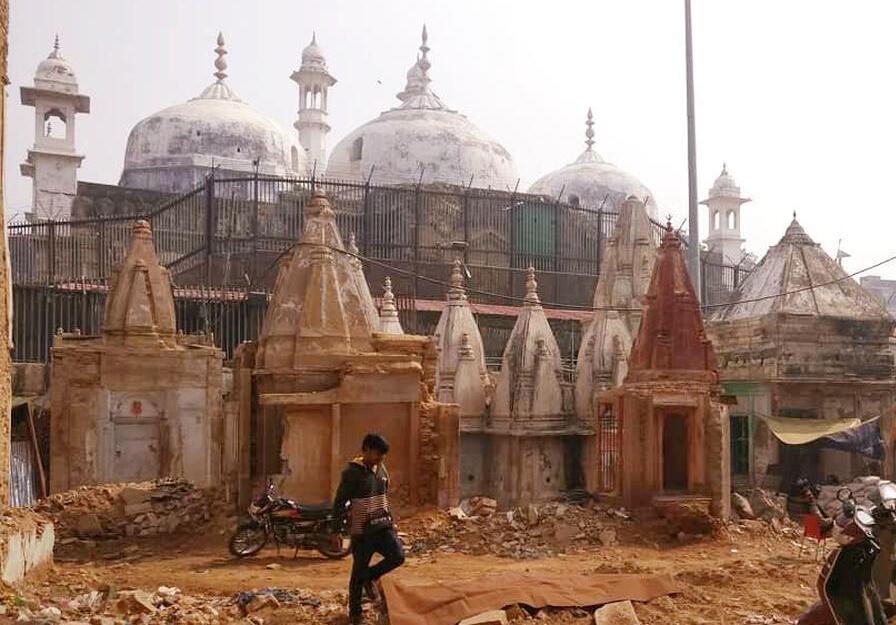

Gyanvapi Complex Issue: Courts Must Tread Carefully
By Sunil Garodia
First publised on 2022-05-13 07:48:33











